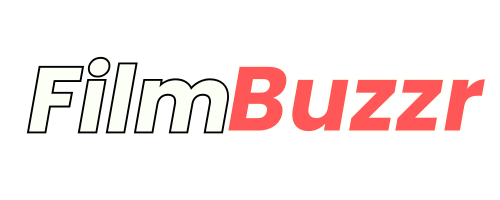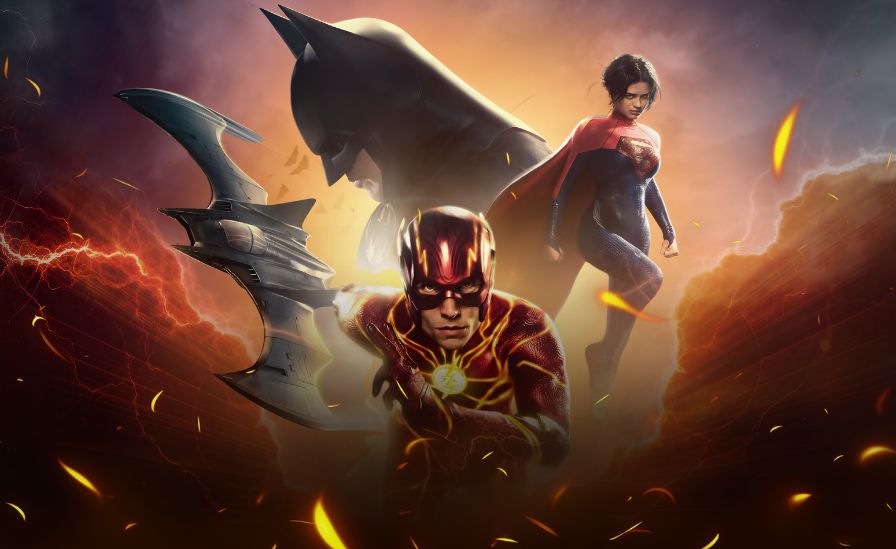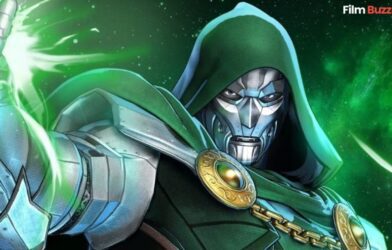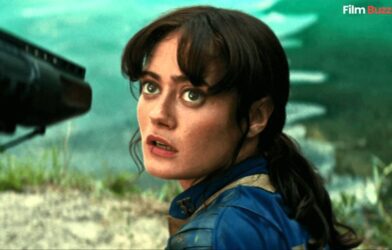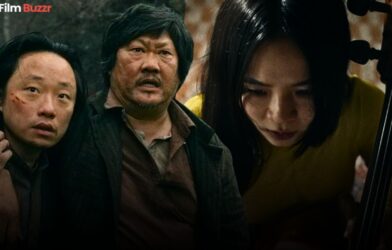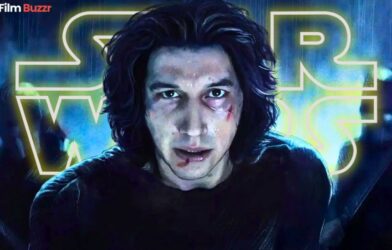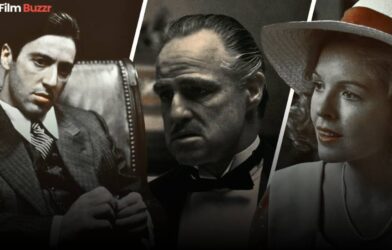It’s one thing to take pride in your work — it’s another to not see where things went wrong because of that same pride. In a recent interview with The Playlist, Andy Muschietti, the director behind DC’s The Flash starring Ezra Miller, reflected on the movie’s disappointing box office run.
Muschietti defended the film’s quality, suggesting that the poor performance wasn’t due to its content but rather the audience’s preconceptions.
“Sometimes there’s a headwind,” Muschietti said. “We’re very proud of the work we did on The Flash. I think it’s a good movie. A lot of people didn’t see it, but you know how things are these days — people don’t see things, but they like to talk about them and jump on bandwagons.”
Despite the filmmaker’s confidence, The Flash’s box office numbers and reception tell a more complicated story — one where controversy, fatigue, and franchise mismanagement all collided.
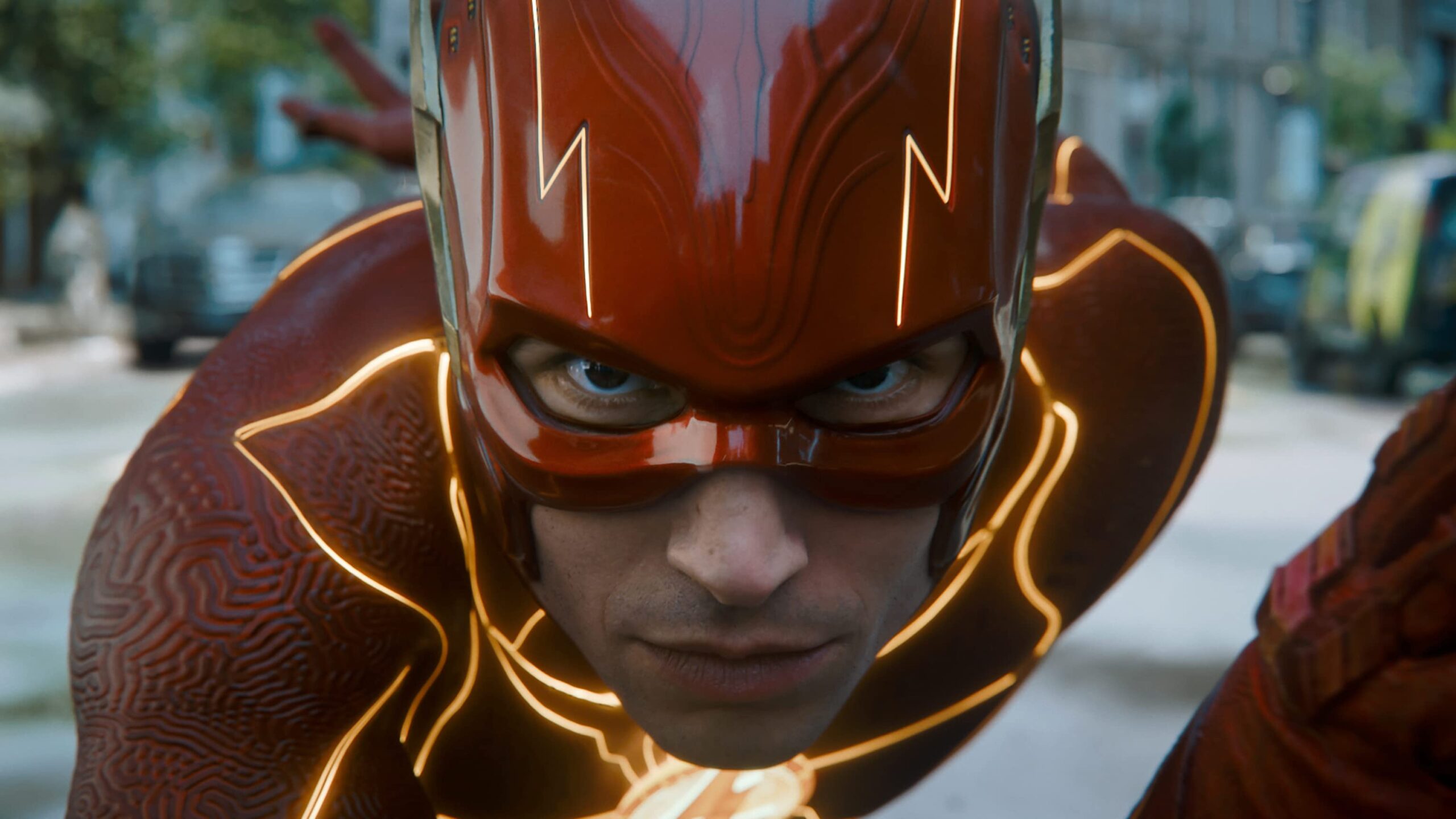
Ezra Miller’s Controversies Cast a Shadow Over The Flash
With a worldwide gross of $271 million on a $200 million budget (via The Numbers), The Flash became one of DC’s most underperforming blockbusters. But the film’s failure wasn’t just about poor marketing or weak fan interest — it was also weighed down by the ongoing controversies surrounding its lead star, Ezra Miller.
Long before The Flash hit theaters, Miller was already embroiled in a series of troubling incidents that damaged both their reputation and the film’s public image.
- In 2011, Miller was caught in possession of marijuana.
- By 2020, a viral video surfaced showing the actor choking a woman outside a bar, which Variety described as a “serious altercation.”
- In 2022, Miller appeared in an Instagram video addressing members of the Ku Klux Klan in a bizarre and threatening message that was later deleted.
- That same year, Miller faced multiple legal issues, including charges of disorderly conduct, harassment, and second-degree assault. They were also accused of grooming a young girl (via People).
All these controversies created a PR nightmare for Warner Bros., and many fans simply refused to support the film, regardless of its creative merits.
The Flash’s Creative Problems Added to the Backlash
Beyond the controversies, The Flash itself faced creative criticism. Despite being positioned as a multiverse epic — bringing back icons like Michael Keaton’s Batman and Ben Affleck’s Bruce Wayne — fans felt the execution was uneven.
The movie relied heavily on CGI-driven sequences, many of which were criticized for their low quality. Viewers pointed out that certain effects looked unfinished, especially during the film’s climactic “Chronobowl” scenes, where Barry travels through time.
While some praised the film’s emotional themes about loss and responsibility, others argued that the storyline was rushed, the humor misplaced, and the narrative lacked emotional depth — especially for a film meant to mark the end of the DCEU era.
| Movie | The Flash (2023) |
|---|---|
| Director | Andy Muschietti |
| Cast | Ezra Miller, Michael Keaton, Ben Affleck, Sasha Calle, Michael Shannon |
| Budget | $200 million |
| Box Office | $271 million |
| Rotten Tomatoes | Critics: 63% |
Ultimately, The Flash, which was meant to reset DC’s cinematic universe, became a symbol of everything that went wrong with it.
How the DCEU Rushed Itself Out of Existence
To understand why The Flash failed, you have to look at the larger problem — the DCEU itself.
Warner Bros. and Zack Snyder, the architect of the original universe, tried to compete with Marvel by fast-tracking their shared world instead of building it organically. Films like Man of Steel (2013) and Batman v Superman: Dawn of Justice (2016) introduced multiple characters and storylines too quickly, leaving little room for development.
When Justice League (2017) became a production disaster — following Snyder’s exit and Joss Whedon’s extensive reshoots — it marked the beginning of the end. Fans rejected the inconsistent tone and lack of cohesion across the franchise.
Even though Snyder later released his four-hour Justice League cut, restoring fan faith temporarily, it was too late to fix years of uneven storytelling and poor studio decisions.
| DCEU Key Films (2013–2023) | Director |
|---|---|
| Man of Steel | Zack Snyder |
| Batman v Superman: Dawn of Justice | Zack Snyder |
| Suicide Squad | David Ayer |
| Wonder Woman | Patty Jenkins |
| Justice League | Zack Snyder / Joss Whedon |
| The Flash | Andy Muschietti |
The DCEU’s downfall was inevitable — not because of one movie, but because of years of rushed planning, creative inconsistency, and audience fatigue. The Flash was simply the final nail in the coffin.
A Lesson in Franchise Storytelling
The Flash may not have been the disaster Andy Muschietti believes people wanted it to be, but it became a case study in how not to manage a cinematic universe.
Warner Bros. has now shifted focus to James Gunn’s DCU reboot, starting with Superman: Legacy in 2026 — a clean slate meant to rebuild fan trust from the ground up.
Still, as time passes, The Flash might find a second life among fans who appreciate its ambition — even if it couldn’t escape the chaos that defined the DCEU.
